February is Black History Month, and I thought I’d share ten books by black writers (five nonfiction, five fiction) that I’ve read over the last few years and would highly recommend.
NONFICTION:
Between the World and Me - Ta-Nehisi Coates.
This book, which Coates writes in the form of letters to his son, tells of his fear-plagued upbringing in Baltimore, his growing realization of how vulnerable black bodies are in America, and how the picket-fence American Dream relies on the exploitation of black people by “the Dreamers” (white people, or, as Coates puts it, people who need to believe in their own whiteness). Beautiful and powerful.
I’m Still Here: Black Dignity in a World Made for Whiteness - Austin Channing Brown.
Brown writes about what it is like to be a black girl and woman in America today, and the biases and hostilities she has encountered both inside and outside the Christian church. Especially poignant is the final chapter, where she rejects others’ suggestions that she be more hopeful and declares that she “dwells in the shadow of hope.”
The Color of Compromise: The Truth About the American Church’s Complicity in Racism - Jemar Tisby.
Historian Tisby writes clearly and powerfully about how the Christian church has been complicit with racism at every stage of America’s history, and he calls for a more inclusive Christianity that reckons with the past and upholds the dignity and equality of all people. I learned so much from this book.
Theologizin’ Bigger: Homilies on Living Freely and Loving Wholly - Trey Ferguson.
In this newly-released book, Ferguson invites us to look at how our faith is shaped by our culture and experiences, how a lack of theological imagination — as well as a default white-centred theology — can limit our concepts of God and the Bible, and how we can bring all our doubts and questions into the arena, knowing God offers abundant freedom and love. I’m only partway through this one because it just came out, but I’m really enjoying it so far. Here’s a brief sample from the chapter “The Bible Ain’t No Car Manual”: Instead of a step-by-step guide, the Bible serves as a seasoned companion — one containing wisdom as old as the earth itself. I tangle with the Bible, seeing what guidance I can wring from its ancient pages. I recognize that understanding what the Bible meant is helpful, but that trying to discern what it means is far more relevant to the reality I’ve inherited. And this requires courage. It requires critical thinking. It requires risk.”
Caste: The Origins of Our Discontents - Isabel Wilkerson.
An absolutely stunning book. Wilkerson presents the concept of caste as a system that puts everyone in their place in a hierarchy and then judges every aspect of their lives as a way of legitimizing where they’ve been placed. The metaphor she uses to describe it is memorable: “As we go about our daily lives, caste is the wordless usher in a darkened theater, flashlight cast down in the aisles, guiding us to our assigned seats for a performance." Wilkerson explores three groups — black people in America, the untouchables in India, and Jews in Nazi Germany — to show how caste functions.
FICTION:
An American Marriage - Tayari Jones.
Told largely in alternating first-person point of view and letters, this novel is about a young couple, Roy and Celestial, whose one-year marriage is turned upside down when Roy is unjustly convicted of a crime. Very moving book.
Sing, Unburied, Sing - Jesmyn Ward.
A young boy, Jojo, travels with his black mother to retrieve his white father who has been serving time in Mississippi’s notorious Parchman Prison — the same prison where Jojo’s beloved grandfather Pop was incarcerated and traumatized as a young man. Unexpectedly, they are accompanied on their return journey by the ghost of another boy Pop befriended in prison. Race, family, and spirituality are beautifully intertwined in this novel.
The Hate U Give - Angie Thomas.
A young girl, Starr, tries to figure out her identity as she moves between the black community she’s grown up in and the mostly-white private school she attends. She also has to learn to use her own voice when she is involved in a tragic event with a friend. I think anyone would benefit from reading this book (and seeing the movie based on it) to understand more about the complexities of the black experience in America.
The Book of Negroes* - Lawrence Hill.
This novel (which was also made into an excellent miniseries) is about Aminata, a West African girl taken from her family and brought to North America on a slave ship. She endures many hardships but is eventually able to return to Africa and becomes an abolitionist leader.
*Note: the title refers to an actual historical document, a ledger in which the British navy listed names of black loyalists. In the U.S. this title was considered more problematic than in Canada, where Hill is from — so in the U.S. the novel is published as Someone Knows My Name.
Purple Hibiscus - Chimamanda Ngozi Adichie.
A beautiful coming-of-age-story about a Nigerian teenager named Kambili; she and her mother and brother live a restricted life under the control of her Catholic father, but she tastes freedom for the first time when she and her brother go to visit their loving auntie.
~~~~~~~~
It was hard to limit myself to 10 books in this post, but I just wanted to give a bit of a cross-section of topics, gender of authors, etc. One thing I realized is that I’ve read very few novels by black male authors (Ta-Nehisi Coates’s The Water Dancer might be the only other one I’ve read besides Hill’s) — so that’s a gap I’ll make an effort to fill in future.
I hope my list gives you a few ideas for things to read this month. There are so many good books out there by black writers. Let me know in the comments if you have any suggestions for other good books.




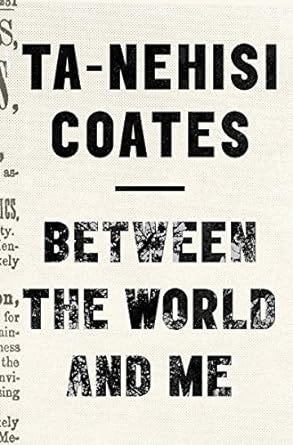

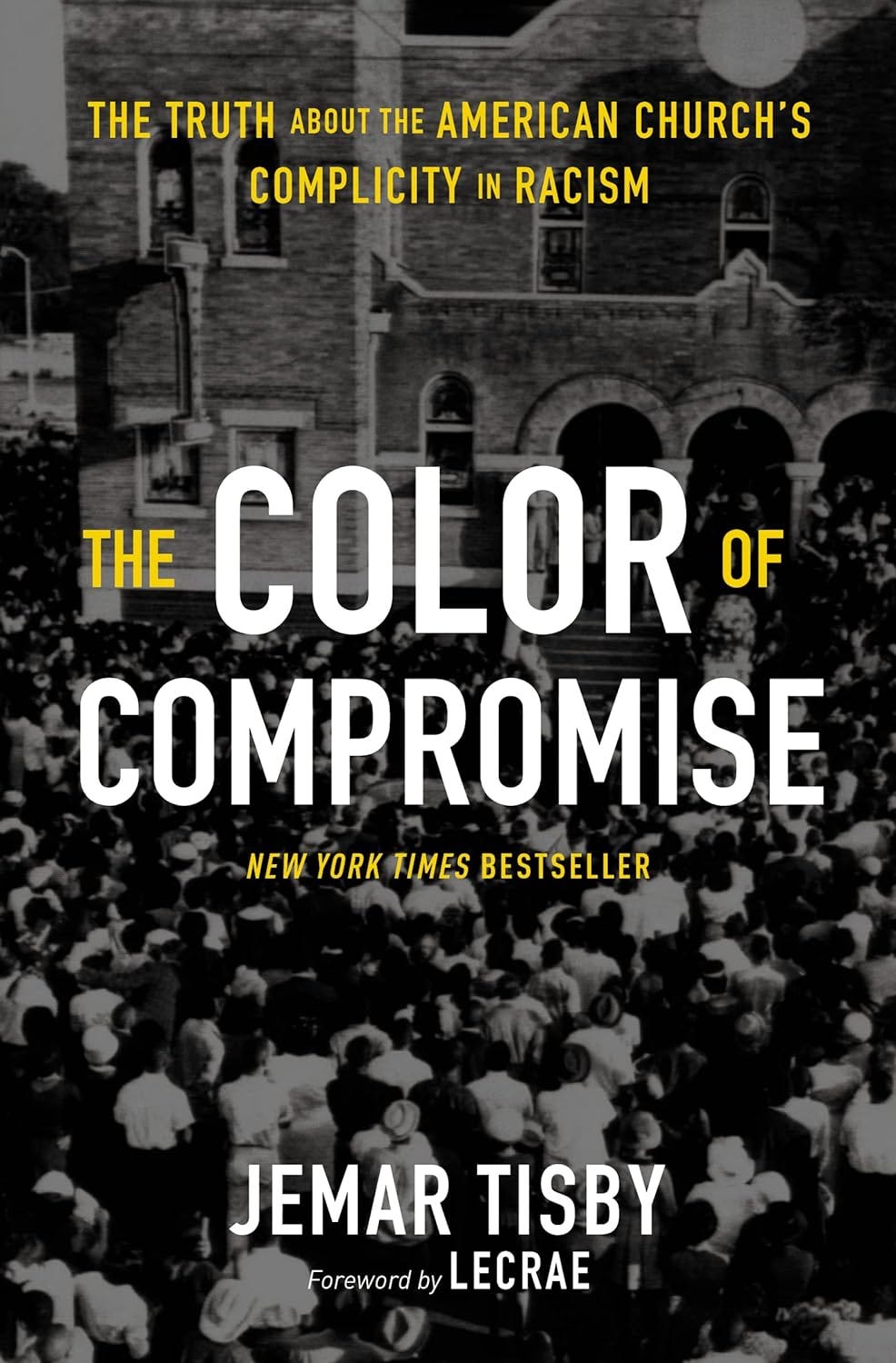
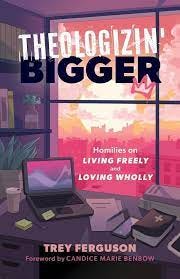
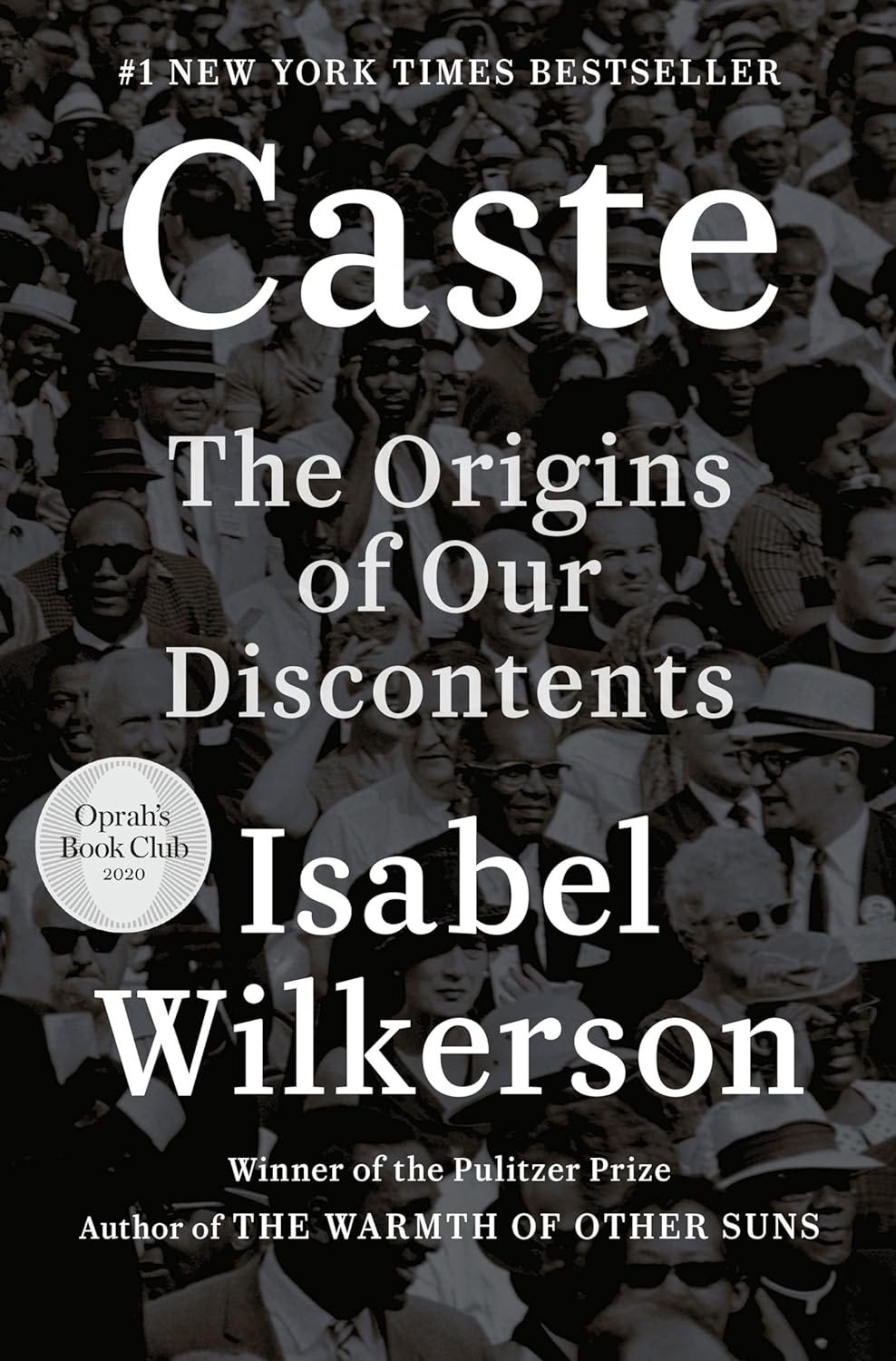

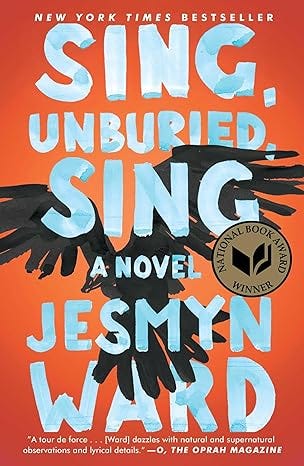

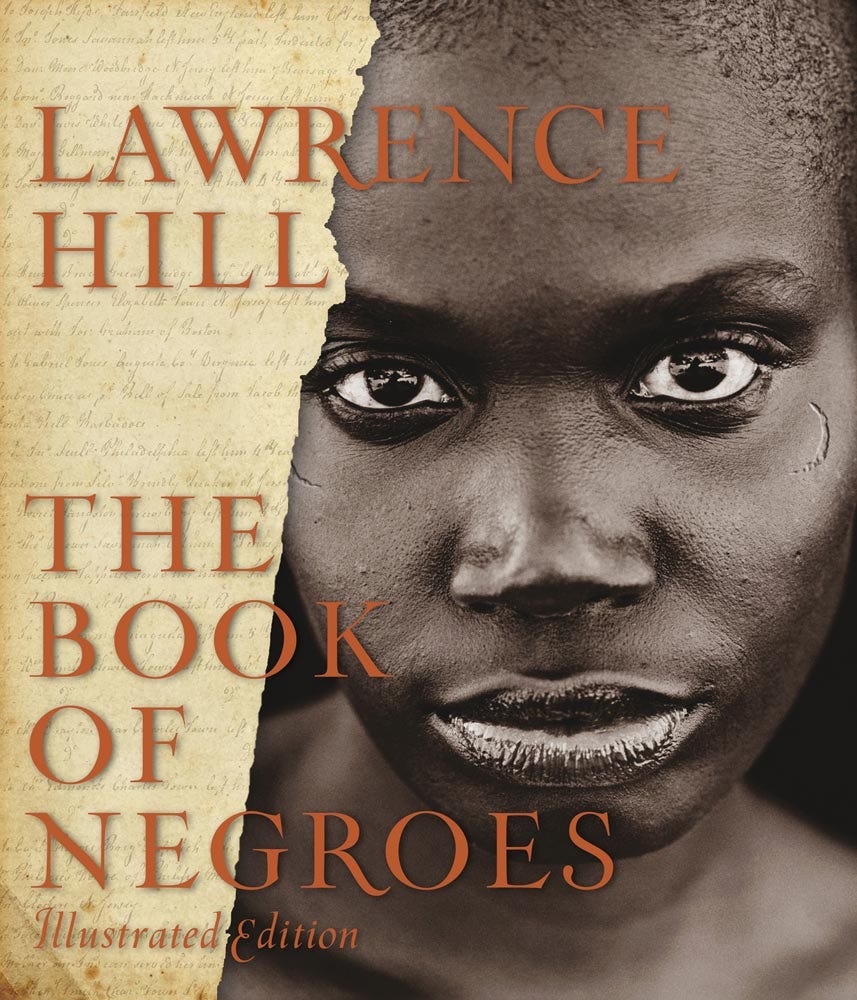
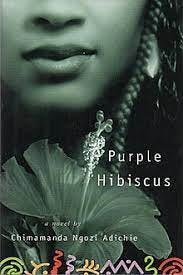
Jeannie, I really appreciated this list. I've added some new titles to my TBR! I wonder if you have read anything by Jasmine Holmes; "Carved in Ebony" is a fascinating collection of biographical profiles of notable but oft-forgotten Black women, and "Mother to Son" is a collection of very moving letters she wrote to her oldest child about identity.
The Whiteness of Wealth by Dorothy Brown addresses institutional racism in the tax system, along with other aspects of wealth in the U.S. She writes in an accessible fashion and I was fascinated throughout.